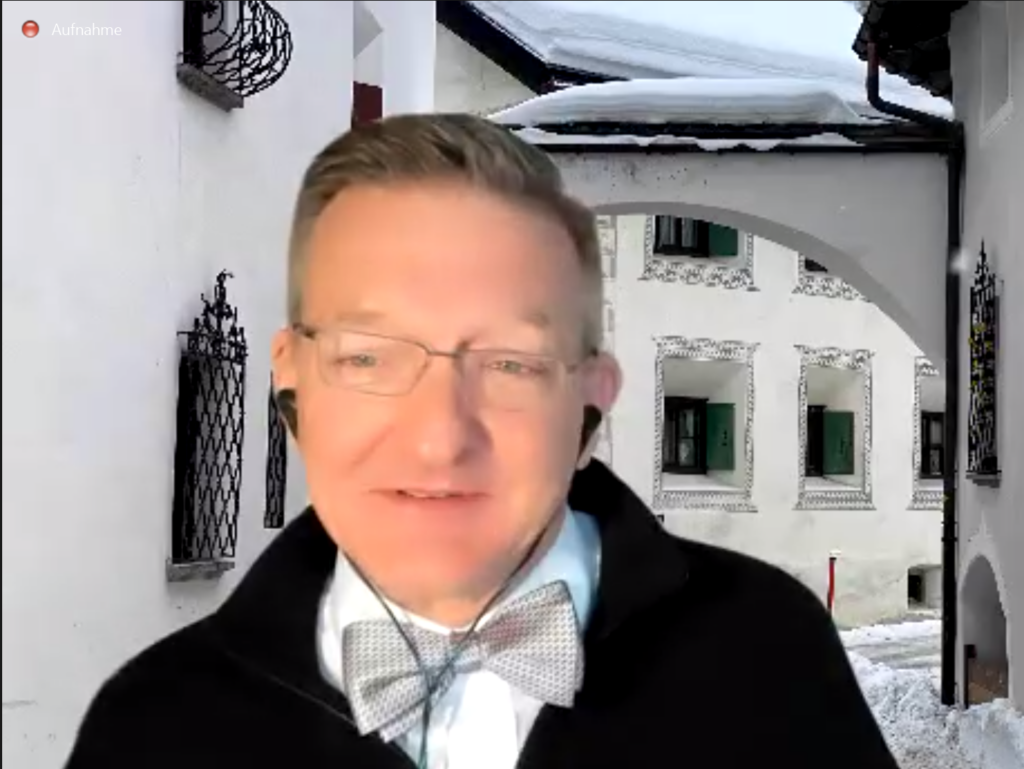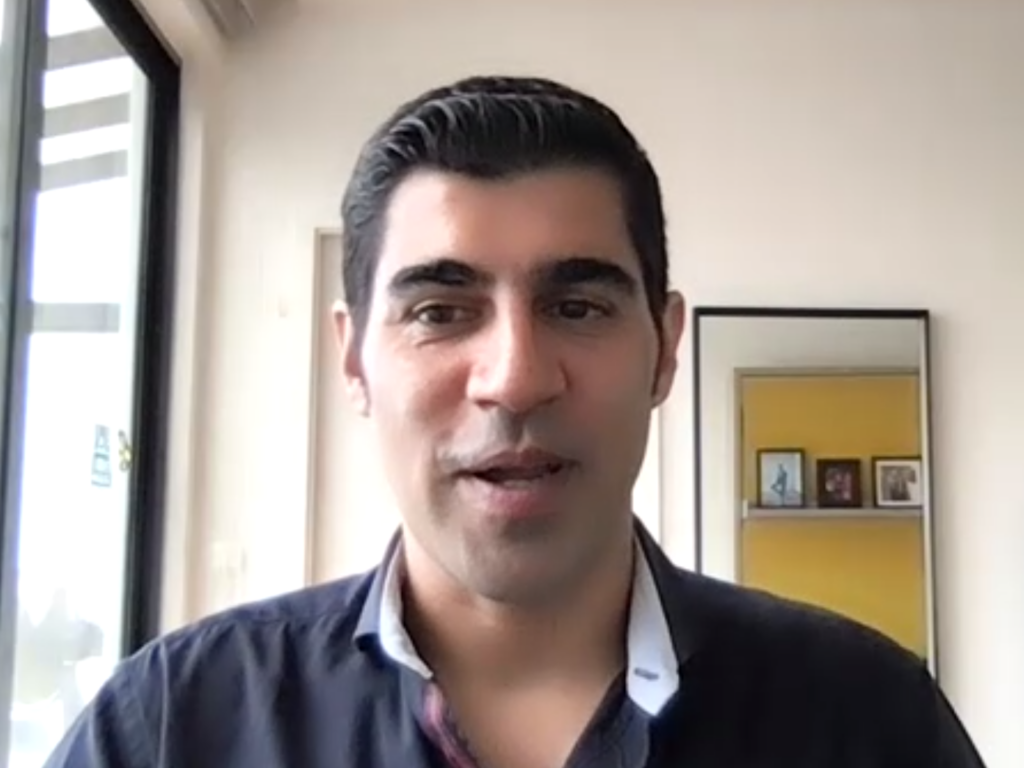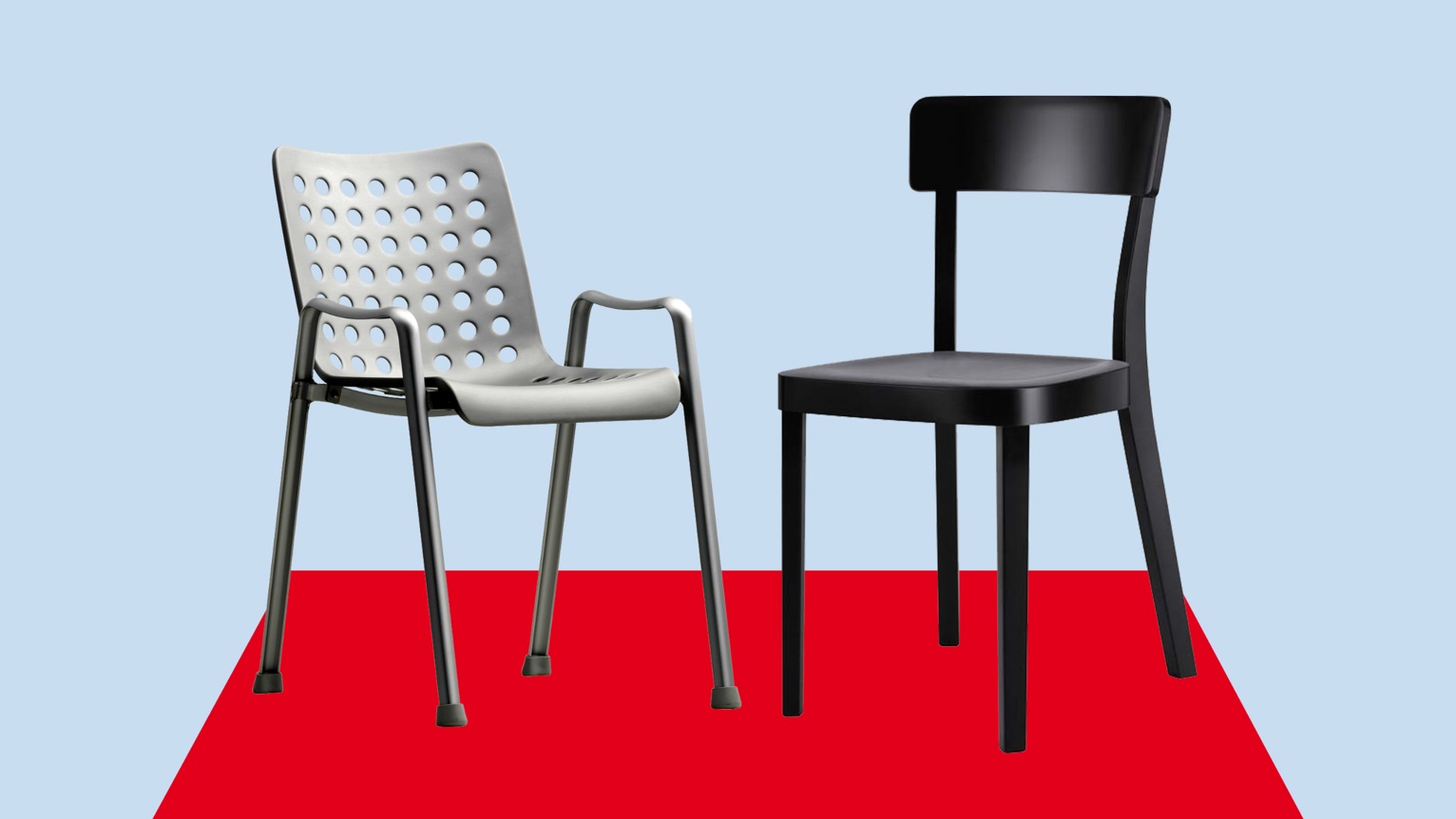by Shalini Trefzer, Data & AI specialist at Microsoft, 4 February 2021
On 28 January 2021, I attended the ETH Global Lecture series offering titled, How to Better Prepare for Tomorrow. It was an electrifying conversation, and I’m not a habitual user of that word, between Parag Khanna, Founder of FutureMap, and Myriam Dunn Cavelty, Senior Lecturer for Security Studies at ETH Zurich, and moderated by Chris Luebkeman, Head of Strategic Foresight at ETH Zurich.

Chris Luebkeman, Head of Strategic Foresight 
Myriam Dunn Cavelty, Senior Lecturer for Security Studies 
Parag Khanna, Founder of FutureMap
5 things that got me thinking as a result of this lecture:
- Connectivity does not affect everybody the same way. When the colonial powers built the infrastructures of connectivity in their colonies, for example, they paved the way for globalisation. It’s something interesting to reflect upon even as connectivity and a globalised world are typically seen as overall peacefully contributing to positive ends.
- Connectivity inevitably leads to fierce competition over who controls it! To whom will the internet cables laid on the ocean floor belong in 75 years? There are oil pipelines crisscrossing the Middle East that were laid down before the existence of current national boundaries, so a single pipe necessarily elicits both cooperation and competition among the nations through whose territory it traverses. Love thy neighbour, anyone?
- Thus, we move away from a straight-line progression of events to the complex reality called confluence. What happens when forces collide and converge? How many analysts and journalists drew causal lines back to Russia and back to something Russia could not control and was merely reacting to in 2010- a heat wave- and the events signaling the advent of the Arab Spring? In fact, when Russia banned wheat exports as a response to their heat wave reality on the ground, how did that contribute to the overall desperation that was growing in the Middle East? The fact that a lot of those economies had not/could not squirrel away funds for such rainy (or sunny in this case) days certainly added to the combustibles that were converging upon the region.
- Wow, that’s a headful… how are countries responding to confluences, especially the one that continues to be top of mind for the second year in a row, the COVID-19 pandemic? We have seen a disparity unfold in front of our eyes, after an initial solidarity across the globe, in how nation states have dealt with the pandemic. Singapore, the most trade dependent country in the world, has closed its borders during the pandemic and in addition, they are spending billions and billions of dollars to bail out pretty much everyone. Yet, their taxes are not increasing. How is this possible for them?
- They accomplished this through Singapore’s rainy-day fund. This sovereign wealth fund is of unknown size, but clearly, it’s provided well for this tiny country in times of dire need. Preparedness is the best preemptive resilience investment. There are some things you simply cannot prepare for, but where you can, have you done?
One wow and one task. Our world is one where deep and often unseen forces are colliding to create outcomes that affect us all. Are you prepared? Have you prepared your family, your customer? How is your rainy-day fund doing?
Links
Video “How to better prepare for tomorrow”
About the author

Shalini Trefzer recently started working at Microsoft Switzerland as a Data & AI specialist, serving global life science customers. Her new responsibilities spurred her to continue on her executive education journey with MIT, this course focusing on AI in Healthcare. Prior to this, Shalini served as the Executive Director of the World in 2050 Think Tank of the Diplomatic Courier and headed business development in EMEA for emerging AI companies. It was during this time that Shalini moderated a number of AI-themed panels and events for ETH Zurich.
Shalini is insatiably curious about and committed to leaving behind a thriving world for the next generations. She is a wife and mother and loves to challenge herself by trying a new sport every few years- so far, it’s still skiing!

